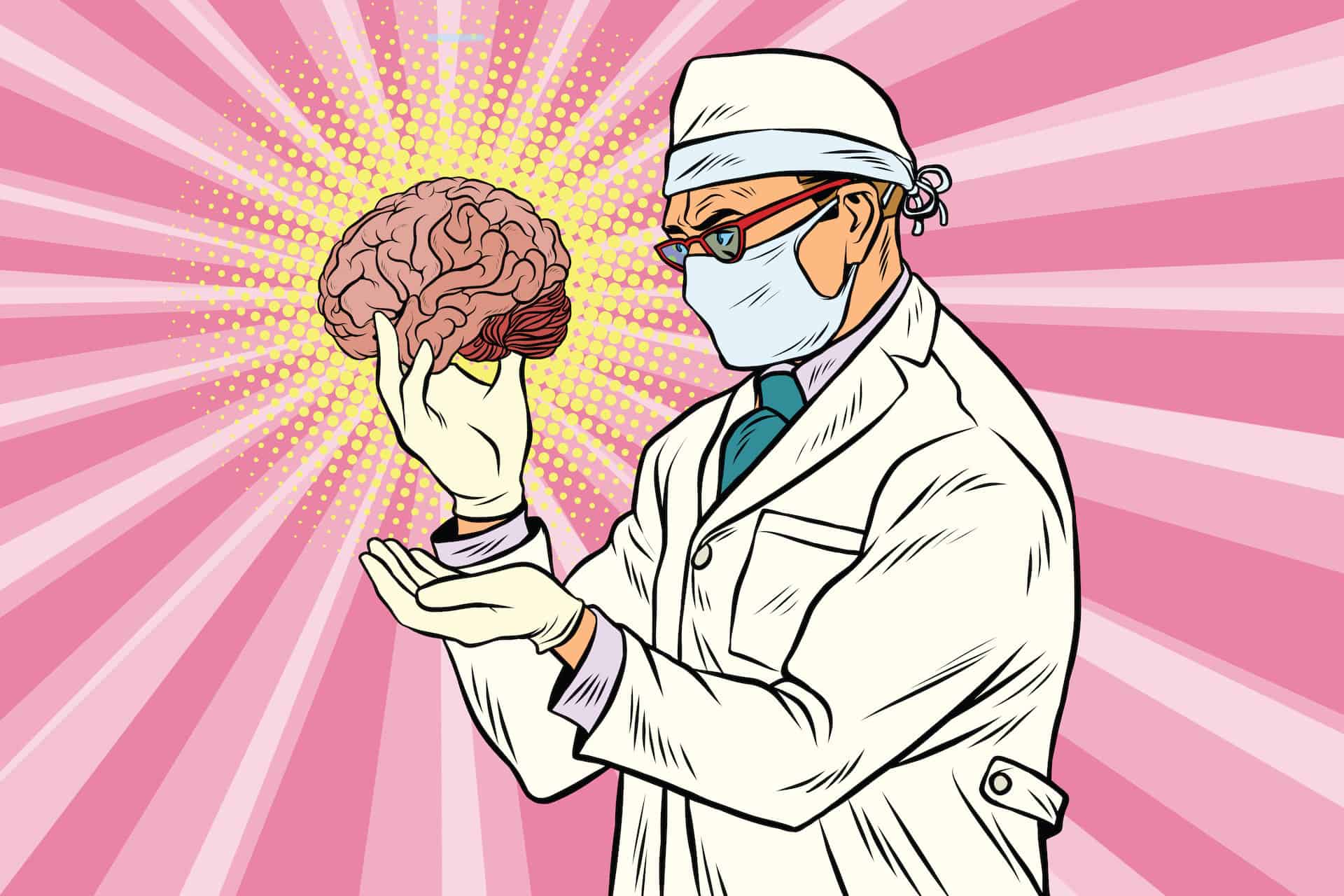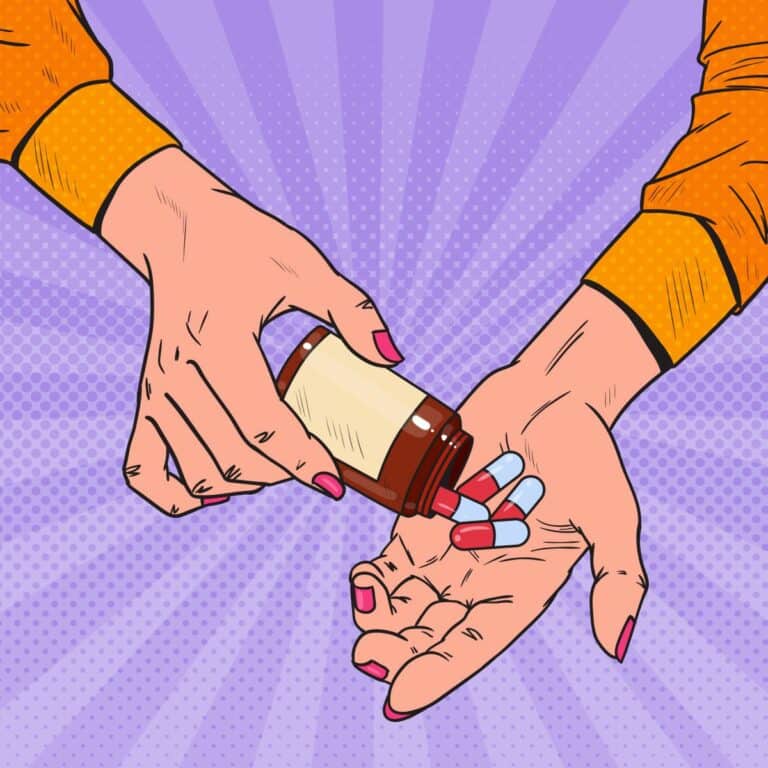While the precise cause of attention deficit hyperactivity disorder (ADHD) is still unknown, several factors are thought to contribute. ADHD is an impaired ability to control one’s actions, emotions, and urges in the brain. ADHD can also create issues with attention, short-term memory, and organization.
There continues to be a lot of research into possible causes, treatments, and risk factors for ADHD. As a result, parents and medical professionals may have to modify their beliefs about ADHD based on new studies. It’s critical to note that while the role of genetics, environment, trauma and parenting styles in ADHD development is not fully understood, they all play some part.
Several risk factors may contribute to the development of ADHD.
ADHD and Genetics
ADHD usually runs in families and is thought to be caused by genes inherited from your parents.
According to research, parents and siblings of someone with ADHD are more likely to have the disorder. However, how ADHD is passed on is thought to be complicated and isn’t believed to be caused by a single genetic flaw.
Brain function and structure
According to studies into ADHD and the brain, there are various differences in the brains of individuals who have ADHD vs. those who don’t. However, the exact significance of these variations is still not fully understood.
Studies have found that particular brain sections in persons with ADHD are smaller than those seen in neurotypical brains, while some brain regions may be larger.

Other research shows that people with ADHD have an imbalance in the number of neurotransmitters in their brains or that these chemicals may not function effectively. The study of ADHD is ongoing, and researchers are still looking at how the brain’s functioning and structure might contribute to its development.
Demographics
What kinds of children develop ADHD symptoms? Are there particular groups that tend to be more susceptible to this disorder? Boys are more likely to be diagnosed with ADHD the girls, but as we learn more about the condition and how it manifests, it’s becoming apparent that ADHD does not discriminate.
While hyperactivity is frequently linked to ADHD, this isn’t always the case, with approximately two to three in ten people having ADHD showing no signs of hyperactivity or impulsiveness.
The NHS reports that girls are more likely to have inattentiveness symptoms alone, which may lead to their ADHD not being diagnosed. However, a hyperactive boy who can’t sit still and a daydreamer girl who sits quietly at her desk and stares off into space might have ADHD.
Research indicates that ADHD is a universal disorder and is not particular to any ethnic group or culture. However, ADHD tends to be more discernable in cultures that require children to attend school.
Environment
There is still a lot of research about the environment’s role in developing ADHD. But recent findings have shown that there might be some things that can trigger ADHD.
Some things that happen before a baby is born can increase the chance that the baby will have ADHD. For example, if the mother smokes, drinks alcohol, or takes drugs, this can cause problems for the baby later on. It’s also important to note that not all babies who experience these things will develop ADHD.
Pesticides have been linked to ADHD in several studies. In the spring of 2010, highly-publicised research revealed a link between pesticide exposure and the development of ADHD in children.
ADHD and Diet
There is a scarcity of high-quality research and hard evidence on diet and ADHD; however, artificial colours, tastes, preservatives, and other food additives have all been linked to the condition.
In recent years, the importance of a healthy diet in preventing and treating ADHD has increased attention. Dr Dawn Brown’s ADHD Lifestyle Series Volume 1: Secrets from an MD with ADHD is a thorough guide to understanding ADHD, and it offers recipes, nutritional advice, and more solutions, as well as being a great resource for parents looking to learn more about ADHD and how to assist their child.
Improved dietary choices can complement traditional treatments in reducing symptoms and improving subjective cognition, according to people with ADHD who report anecdotally and in practice. Many of the dietary changes reported are, in fact, beneficial to one’s health and brain function more generally, as they mirror suggestions advised to the general public.
Injury
Prior research has shown that brain injuries in children and babies are more likely to result in ADHD than in those without a history of trauma. However, a more recent study published in 2020 concluded that this was not the case; ADHD was not found to be more common in children with a history of brain injuries than in those without.
Parenting Style
Various studies have revealed particular parental behaviour patterns common among families with children with ADHD. But it’s unclear whether the parenting style caused or exacerbated the symptoms of ADHD in the children first. Or did the children’s ADHD cause their parents to react similarly, resulting in similar parenting styles?

While the causes and risk factors of ADHD are still being investigated, the condition is now considered to be a neurodevelopmental disorder. This means that it’s caused by changes in how the brain develops and functions. ADHD can run in families, but it’s also believed to be influenced by environmental factors.
We recently shared tips for parents of ADHD children, and you’ll find lots of useful material and guidance from ADDitude magazine about raising an ADHD child.
ADHD and Stigma
ADHD is often viewed as a made-up disorder, especially in adults. This is because ADHD wasn’t always well understood and was often misdiagnosed. As a result, many people still don’t believe that ADHD is a real condition.
Reports of ADHD-related symptoms have been around for centuries, with the first official diagnosis being made in 1902. However, it wasn’t until the 1970s and 1980s that ADHD began to be taken seriously as a medical condition.
There’s also a lot of stigma surrounding ADHD medication. Some people think ADHD drugs are overprescribed or used as “study aids.” This isn’t the case; ADHD medication can be incredibly effective at managing the symptoms of ADHD and helping people lead normal, productive lives.

The stigma around ADHD can make it difficult for people to seek help and treatment. It’s important to remember that ADHD is a real medical condition that can be treated effectively.
If you or someone you know is struggling with ADHD, don’t hesitate to reach out for help.








